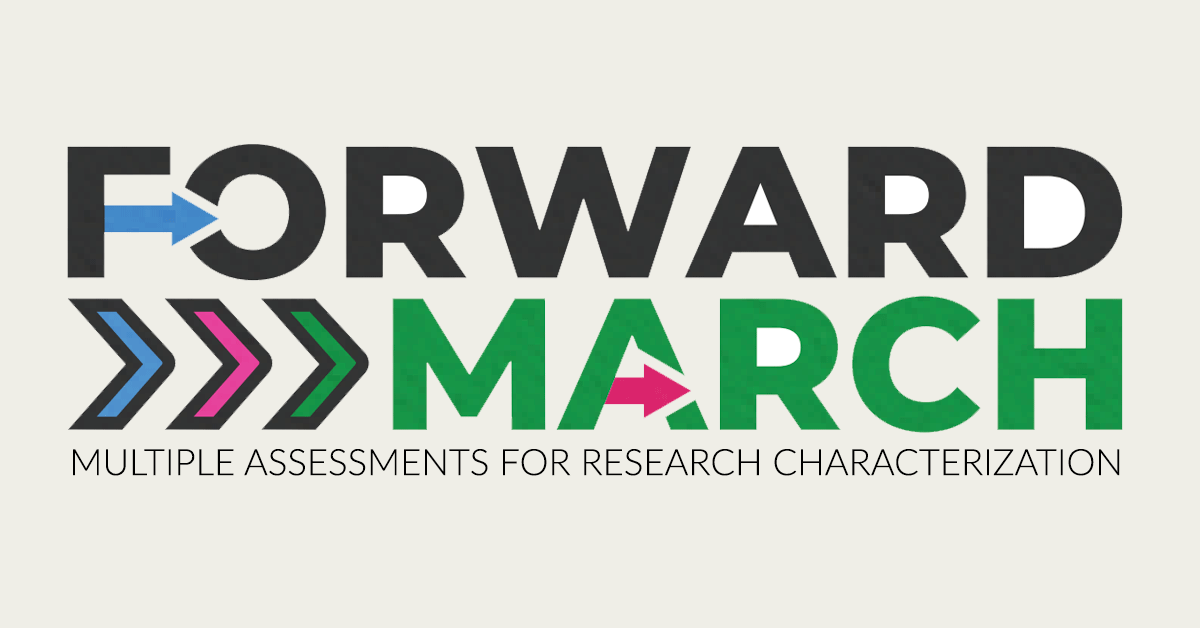Authors: Len Abbeduto, Angela John Thurman, Laura A. Potter, Kyoungmi Kim, Flora Tassone, Amy Banasik, Sarah Nelson Potter, Lauren Bullard, Vivian Nguyen, Andrea McDuffie, and Randi Hagerman from the UC Davis MIND Institute
Controlled Trial of Lovastatin Combined With an Open-Label Treatment of a Parent-Implemented Language Intervention in Youth With Fragile X Syndrome
Summary
Drs. Angela Thurman, Len Abbeduto, Randi Hagerman (UC Davis MIND Institute), and colleagues conducted a clinical trial combining lovastatin with a behavioral intervention called parent-implemented language intervention (PILI). Thanks to NIH funding, these researchers were able to explore whether the combined lovastatin/behavioral therapy approach would be more effective than just behavioral therapy alone.
Lovastatin is an FDA-approved drug used to treat high cholesterol. Lovastatin has been investigated in Fragile X, as it may counteract some of the associated challenges related to the FMR1 gene. PILI was delivered through teleconferencing with parents, showing them how to use PILI language-facilitation strategies that incorporate shared storytelling activities and how to ask questions that encourage their child’s participation in a conversation. The study enrolled 30 participants aged 10–17; 16 participants received only PILI and 14 participants received PILI and lovastatin.
The study team suggested the combined lovastatin and behavioral therapy approach may better address learning or behavior problems in individuals with FXS than PILI alone. The study team found significant improvement in both groups, but no additional benefits in the group that received lovastatin. Participants in both groups demonstrated significant changes in the primary outcome measures. They also found that the parents’ progress in learning and using the PILI strategies was associated with their children’s progress in language.
Why This Matters
Understanding language development, a commonly cited challenge for individuals with FXS, is incredibly important. This clinical trial provides additional support for the effectiveness of using PILI in young people with FXS and provides an evidence-based treatment option for older children and adolescents who have Fragile X. It also shows the importance of exploring both medical and non-medical treatment options in Fragile X, suggesting teleconferencing as an effective modality for delivering treatment.
Next Steps
Researchers would like to understand how to effectively get PILI into the hands of parents. This may take time and more research, but the goal is to be able to share these learnings with parents and caregivers. Validating teleconferencing will help improve access and ability to deliver treatment outside of standard in-person care.




